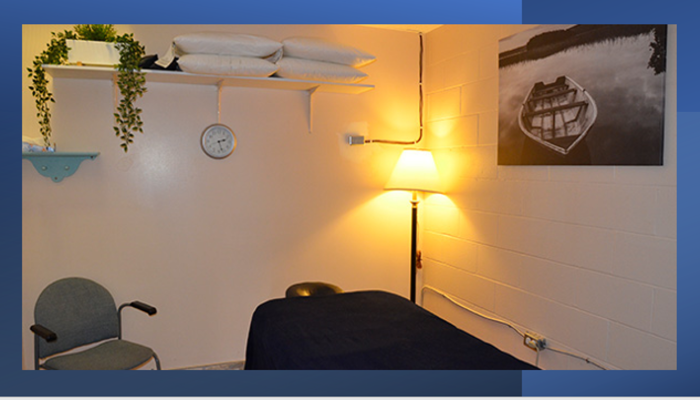
WHAT ARE THE ORIGINS OF MASSAGE THERAPY?
Massage Therapy is as a very old, yet very modern, way of using touch to provide comfort, lessen pain and improve movement. Our ancestors rubbed sore spots to lessen aches and pain, as well as teasing out knots in each other’s hair.
We’ve come a long way!
Massage Therapy in Canada has its origins in the First World War
Nurses treated up to 2,000 soldiers a day with massage therapy, exercise, and hot and cold-water applications. This valued contribution to the health care of our soldiers led to Massage Therapy being regulated in Ontario since 1919.
WHAT IS THE DEFINITION OF MASSAGE?
Massage Therapy is “the assessment of the soft tissues and joints of the body and the treatment and prevention of physical dysfunction and pain of the soft tissue and joints by manipulation to develop, maintain, rehabilitate or augment physical function and relieve pain.”(1)
WHAT ARE THE EFFECTS OF MASSAGE THERAPY?
Stress Reduction & Relaxation
The foundation of Massage Therapy is caring attentive touch that helps us feel calm, relaxed and connected to others. These effects may partially explain the findings of a 2004 meta-analysis of scientific literature that found that a massage therapy treatment series often has a similar level of effect as psychotherapy for both trait anxiety (the tendency to become anxious in different situations) and depression! This is not to say that massage therapy can replace psychotherapy or medications for these conditions, but it may be a helpful adjunct to the professional psychological and/or medical care a person is already engaged in.
SOME OF THE OTHER EFFECTS OF MASSAGE THERAPY
- Decrease stress & tension
- Decrease muscle pain and tension
- Lessen stiffness in muscles and joints, increasing quality of movement
- Decrease persistent or chronic pain
- Increase body awareness
- Improve posture
- Lessen aching and congestion in chronic bronchitis (https://youtu.be/0wfkCDVFAvQ?t=6)
- Improve relaxation and quality of concentration
- Lessen grinding of the teeth and TMJ pain
- Decrease swelling from injuries such as ankle sprains and post-surgically
- Increase the pliancy and quality of movement of tissues associated with scars
- Decrease nerve compression and irritation in locations where nerve are compressed by muscles
- Help resolve old injuries that cause stiffness and/or pain
- Improve digestion and help relieve constipation
- Improve the length and elasticity of muscles and tendons that have become short through disuse or injury
At LiquidGym, your Registered Massage Therapist &
Healthcare Team will work together to help you reach your goals.
Call 613-820-8228 to book your appointment!
References:
(1) College of Massage Therapy of Ontario – Standards of Practice
Author:
Doug Alexander, BSc.
Registered Massage Therapist

